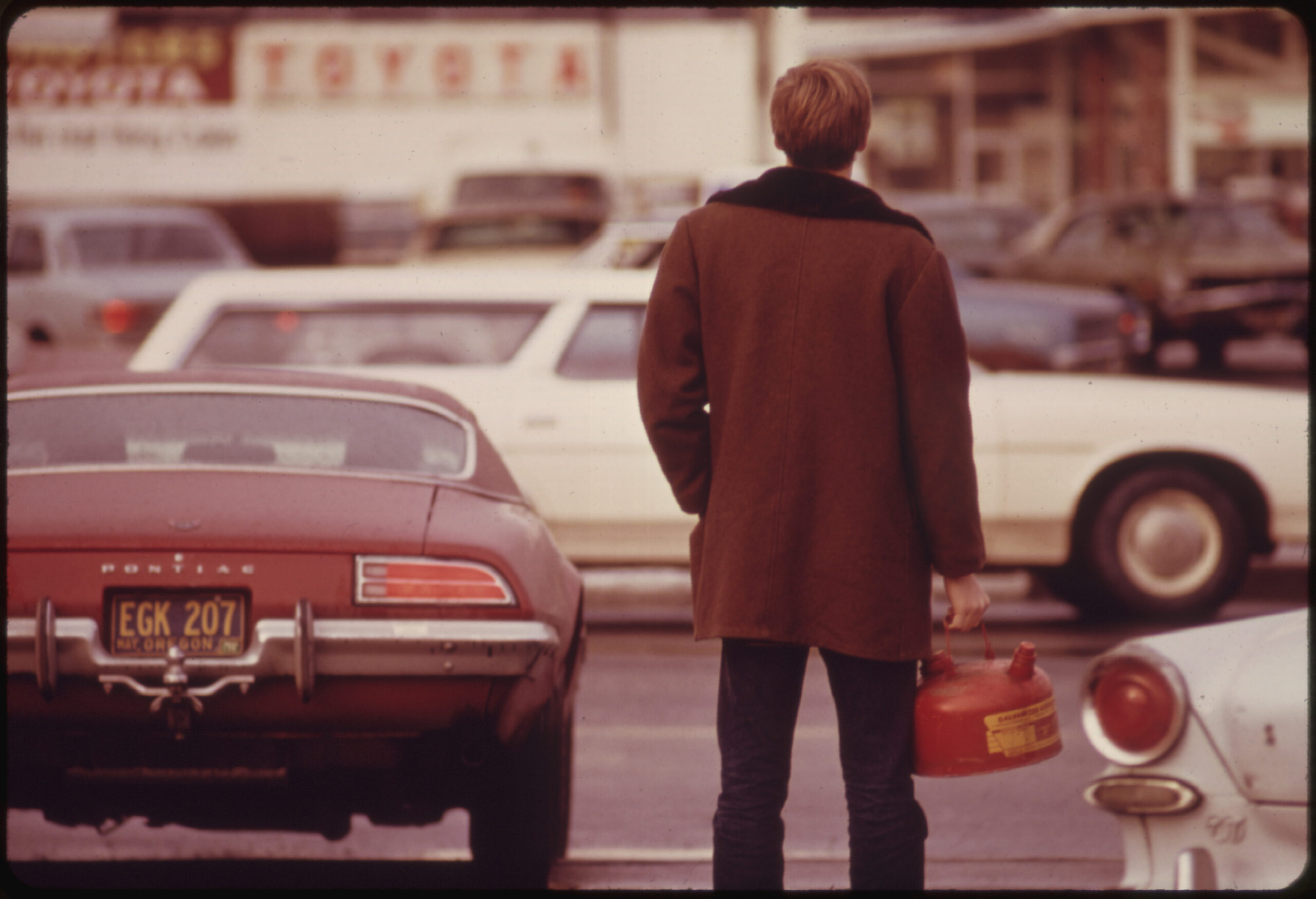
The Organization of Petroleum Exporting Countries, led by Arab oil producers, lifts the oil embargo it had placed on the United States for resupplying Israel during the Yom Kippur War. OPEC also had imposed the embargo on other nations that supported Israel during the October 1973 war, including the Netherlands, South Africa and Portugal.
By limiting the oil supply in the United States, where consumption had drastically increased since World War II, the embargo quadrupled gasoline prices and produced long lines at gas stations, especially early in the morning, when people tried to fill up their cars before the pumps ran dry.
OPEC linked the end of the embargo to a negotiated settlement of the Yom Kippur War, so the United States quickly engaged in talks to resolve the conflict. The First Egyptian-Israeli Disengagement Agreement was reached in January 1974, and the belief that there would soon be a similar settlement between Israel and Syria led to the lifting of the embargo.
The United States took several domestic steps to reduce its dependence on imported oil and thus its vulnerability to OPEC actions. The United States created the Strategic Petroleum Reserve, instituted a 55-mph speed limit on highways and launched a system of fuel economy standards.
